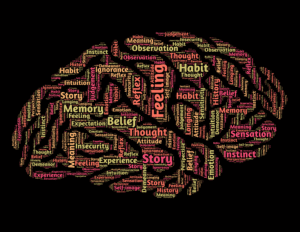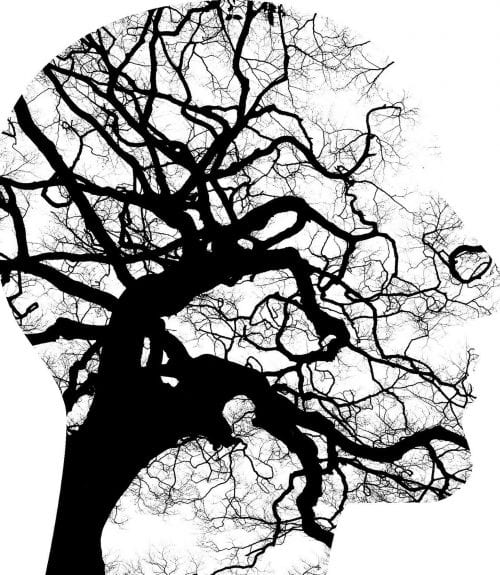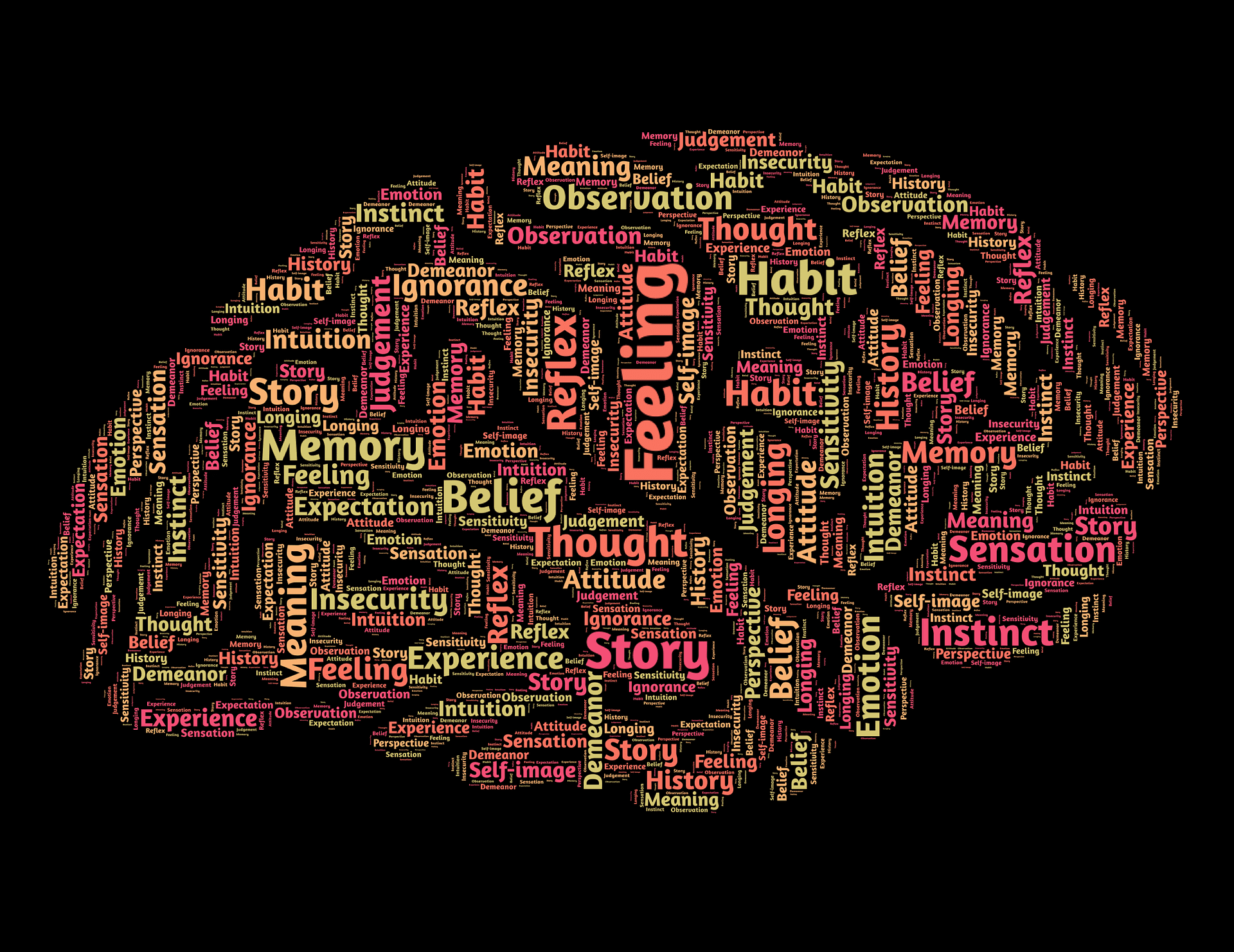Contemporary Approaches of Psychology
 We have numerous early schools of thought that are still with us today. So while this information is “historical”, much of it is still utilized in our modern perspectives.
We have numerous early schools of thought that are still with us today. So while this information is “historical”, much of it is still utilized in our modern perspectives.
Psychoanalysis
Let’s start with Psychoanalysis (1900+), developed by Sigmund Freud. Does his name sound familiar to you? If so, do you have a negative attitude about his work? Freud is often misunderstood, and many people repeat the negative lines they heard about him but have no real understanding of his theories and the context of his life in which they were developed. Freud established different levels of the mind (which I write about here) and focused on the importance of the unconscious part of the mind in particular. He believed that one’s personality was shaped by inner motives/desires and what society expects of the individual (early childhood experiences in particular). As you can imagine, what society expects would be dependent on time, place, and setting.
Although Freud’s work is very important, and his name is fairly well-known, his influence today is not as wide-spread as you might think. The reason his views are magnified is quite simple – he was one of the first to pioneer a framework for the mind, and his ideas were broadcast throughout early mainstream media. These ideas still persist in the media today.
Behaviorism
Next up is Behaviorism (1920+). Whereas psychoanalysis focused on the seemingly immeasurable “mind”, behaviorists pointed out that if we are to be a “real” science, we have to focus on the scientific study of observable behavior. For now, I want to introduce you to Ivan Pavlov, John Watson, and B.F. Skinner. As I discuss here, Pavlov was studying canine digestion when he uncovered some very important concepts about learning (classical conditioning). Watson later established behaviorism, and is also famous for the Little Albert experiment. Skinner focused on the cause and effect of behaviors and their consequences (operant conditioning). I cover these men and their theories in greater depth here. You will find that the environment does indeed play a major role in “programming” much of our thoughts and behaviors.
Humanistic Approach
Later, the “third force” came to be…the Humanistic approach (1950s). Carl Rogers and Abraham Maslow believed that humans have positive potential, that we are inherently “good”, and strive to change and grow for the better. A common theme here is that humans are not chained to their unconscious mind, nor are they stuck in the rut created by the environment…instead, humans can take control of their own lives and make the conscious choice to be who it is they want to be. As you can see, the element of “free will” is central to this approach.
A Few More Perspectives
There are a few more perspectives I want to briefly point out below:
Biological psychology highlights the physiological factors that contribute to mental processes. I’m talking about neuroscience, which emphasizes how the nervous system (brain, spinal cord, periphery nerves and other supporting cells) are central to understanding our thoughts, feelings, and behavior.
The Cognitive approach pertains to the mental processes used – it focuses on attention, perception, memory, decision making, and problem solving. To put it simply, it generally has to do with the process of interpreting information, storing it, and then using it to solve problems.
Evolutionary psychology focuses on inherited psychological traits that are adaptive – remember its predecessor (functionalism) I spoke of above?
Then there is the Sociocultural perspective which looks at how one’s culture and social environment influences behavior. This is a very important angle in our country today – cultural diversity is a major part of the United States of America, and our studies have demonstrated how important the role of culture is on developing our sense of self.
Lastly, be familiar with the Biopsychosocial approach – a 3-dimensional look at all factors as they interact with one another to explain all human behavior and mental processes (biological – BIO, psychological/cognitive – PSYCHO, and sociological – SOCIAL).
It may seem confusing to have so many different approaches to explain the same thing. Remember, human behavior is very complicated, and each of our perspectives shines the light from a different angle. This aids in a deeper understanding of the issue at hand.

Matthew A. Webster, MA, MS, ED.D, LPC
Dr. Matt Webster is a professional educator, nutritionist, and therapist located in the Houston, Texas area. He specializes in couples therapy, sexuality, and maladaptive eating patterns with a focus on the role of nutrition. More About Matt >>
Last modified:









